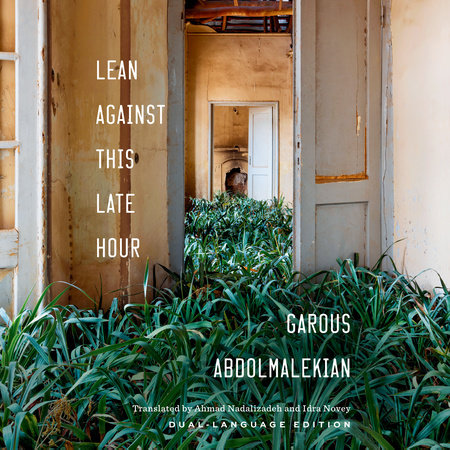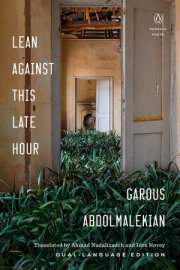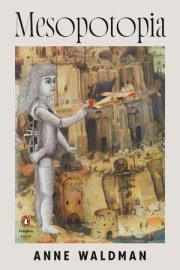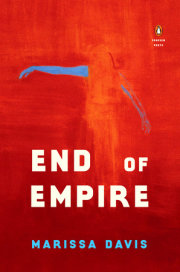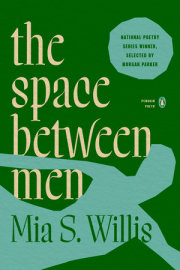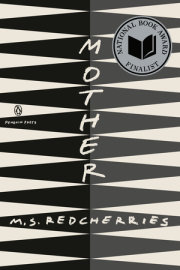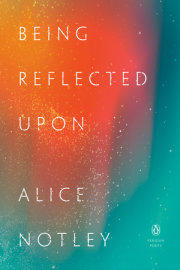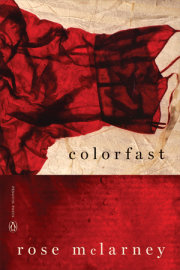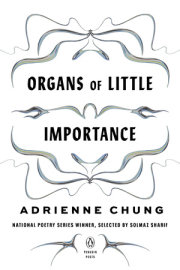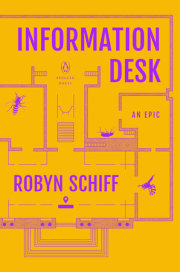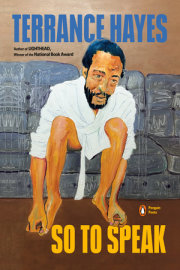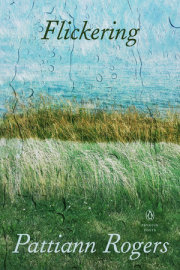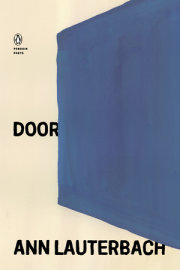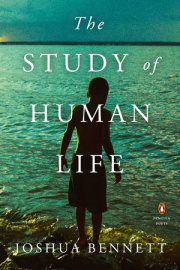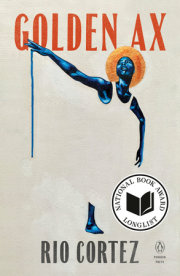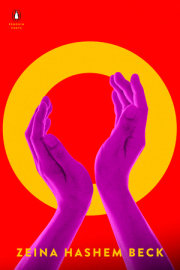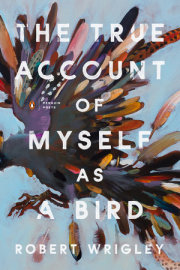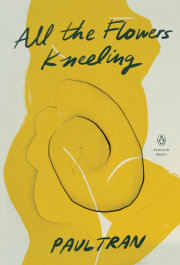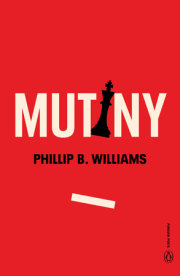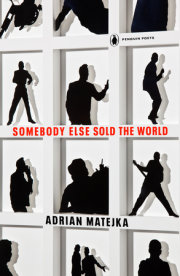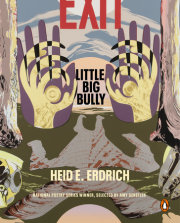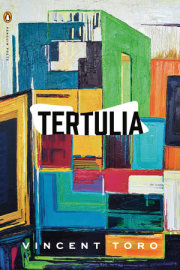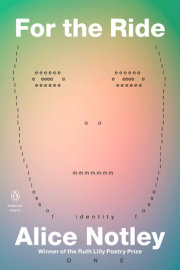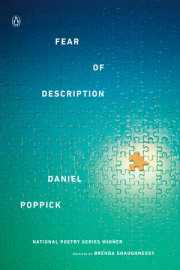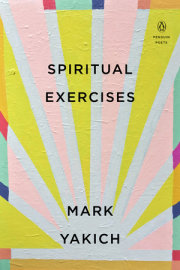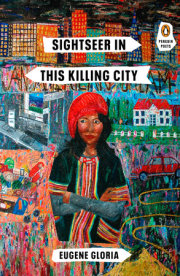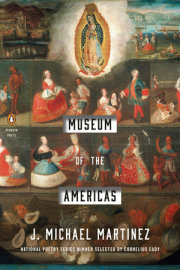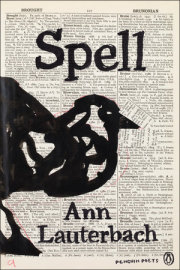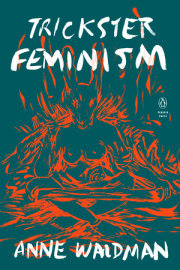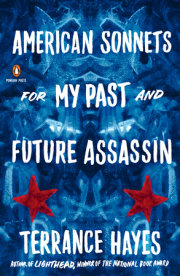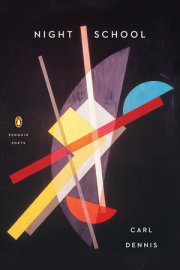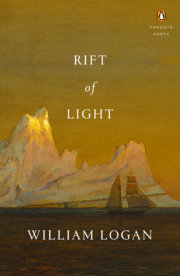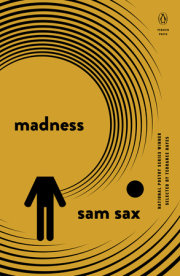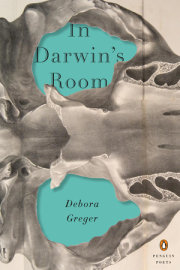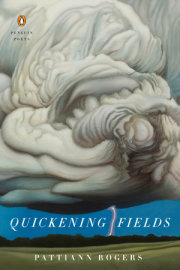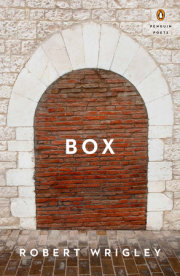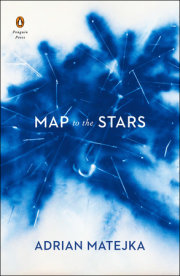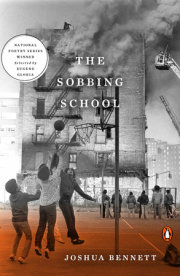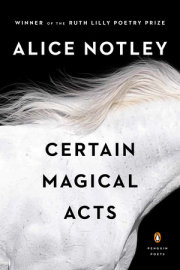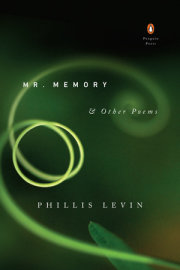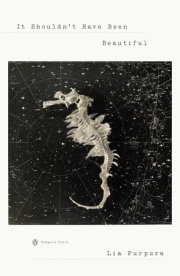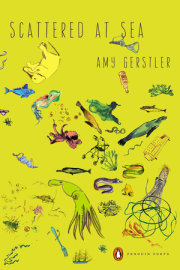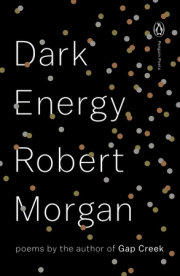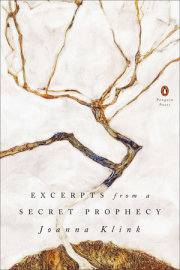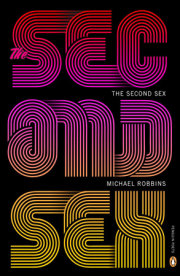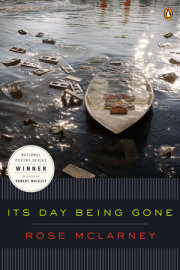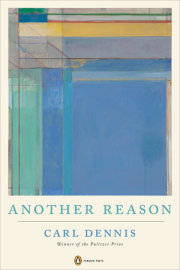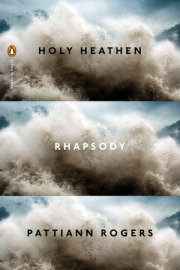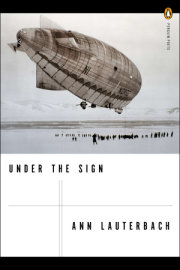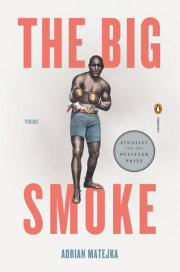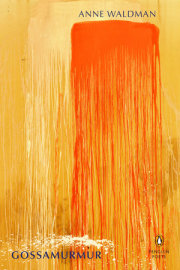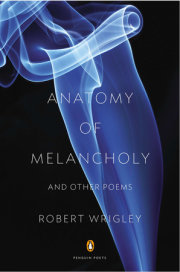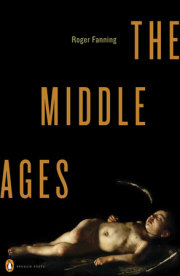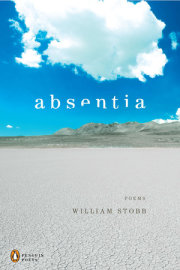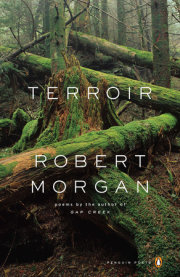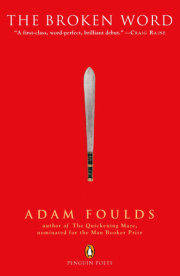IntroductionBorn eighteen days after the outbreak of the Iran-Iraq War in 1980, Garous Abdolmalekian is one of the most prominent figures in Iran’s contemporary literary landscape. He has had an enormous influence on the new generation of Iranian poets addressing the dramatic social changes under way in the country. The author of six award-winning books and an editor at a leading publishing house in Tehran, Abdolmalekian has becomea pivotal voice among poets in Iran determined to convey the inner life of their country and the stifled songs emerging from the silence in which they came of age.
While the force in many of Abdolmalekian’s poems is political, his approach to them is fabulist. In “Border,” he brings the blasts of a battle in to the sheets of a couple’s bed. In “Bits of Darkness,” a man shot the day before continues hoping to be released into another sunrise, though he’s been dead for twenty-four hours. In Abdolmalekian’s poems, even the dead go on hoping for intimations of a kinder world. Yet his images never retreat into any kind of easy, blind escape from reality. Instead, they chart the difficulty of not just accepting but prevailing over unspeakable violence and loss. His sensorial images flip the private into the political with a deceptively subversive subtlety and also with startling intimacy. An injured veteran begs his mother to change his diapers. An unspoken death manifests in the dust circulating in a room, aching to be kissed. The political impetus in an Abdolmalekian poem is never evoked directly. Rather, it is left to flow quietly, powerfully, beneath the poem, the unseen groundwater of each speaker’s life.
Abdolmalekian’s style has been described as cinematic, inspired by his love of Iranian film directors such as Abbas Kiarostami who look to contemporary Persian poetry for their aesthetic. Abdolmalekian’s work turns this cinema back into poetry, inviting the reader into poems as unpredictable in their sequencing as the stills of a film, with the reader bearing witness to the poems’ unfolding in both time and space. The poems are thus not only a description of an event, but an invitation for the reader to experience the narrator’s bewilderment alongside all the contradictory reactions that bewilderment demands, as in “Long Poem of Loneliness,” in which time dissembles line by line:
He stands up
to go sit by the window
realizes he has been sitting
by the window for hours.
The reader comes to experience the emerging impossibility of enduring thisafternoon in tandem with the lonely character of the poem. In the blink ofan eye the world becomes increasingly unworlded, devoid of even the reliablerelief of a sunset.
Abdolmalekian has received numerous prizes for his ground breakingpoems in Iran, and his work has been translated into nine languages, with this collection marking the first book-length translation of his work into English. We hope this introduction to one of Iran’s most celebrated new poets will invite English-language readers to join the larger global conversation about his astonishing work. Translating a poet who responds to contemporary events with such a latent metaphorical language can be tricky. How many of his subtle allusions will be apparent to English-language readers, and how many will be lost—this was a constant concern during the translation process. We have done our best to re-create the allusions with as much subtlety as they contain in Persian, with all their fascinating multiplicity of potential interpretations and meanings. Abdolmalekian’s poetry evokes the nuances of the country around him with an urgency evident in the new generation of poets in the United States as well. Young urban poets all over the world are deeply questioning the history and the future of their countries. Abdolmalekian’s haunting, fable-like poems feel as timeless as they are frank and contemporary. His work breathes new life into the ancient art of poetry and how the form may forecast the interior experience of the century ahead.
—AhmadNadalizadeh and Idra Novey
BorderI am in repose,
as my wife reads a poem about war,
the last thing I need is for the tanks
to advance into my bed.
Bullets have made numerous holes
in my dreams.
You put your eye up to one of them:
You see a street
its skin whitened with snow.
If only it did not snow
If the borders between the streets and the bedcovers were clear.
Now the tanks have crossed the trenches into our bedsheets
and one by one they enter my dream:
I was a kid
My mother washed the dishes
and my father returned home with his black mustache.
When the bombs poured forth
all three of us were children . . .
The following pictures of this dream will tighten your chest
Shut your eyes
Put your lips on this little vent
and just breathe
Just breathe
Breathe!
Breathe!
Damn it!
Just breathe!
Breathe!
The doctor shakes his head
The nurse shakes her head
The doctor wipes the sweat from his brow
And the green mountain chainon the screen
turns to desert.
Copyright © 2020 by Garous Abdolmalekian. All rights reserved. No part of this excerpt may be reproduced or reprinted without permission in writing from the publisher.

